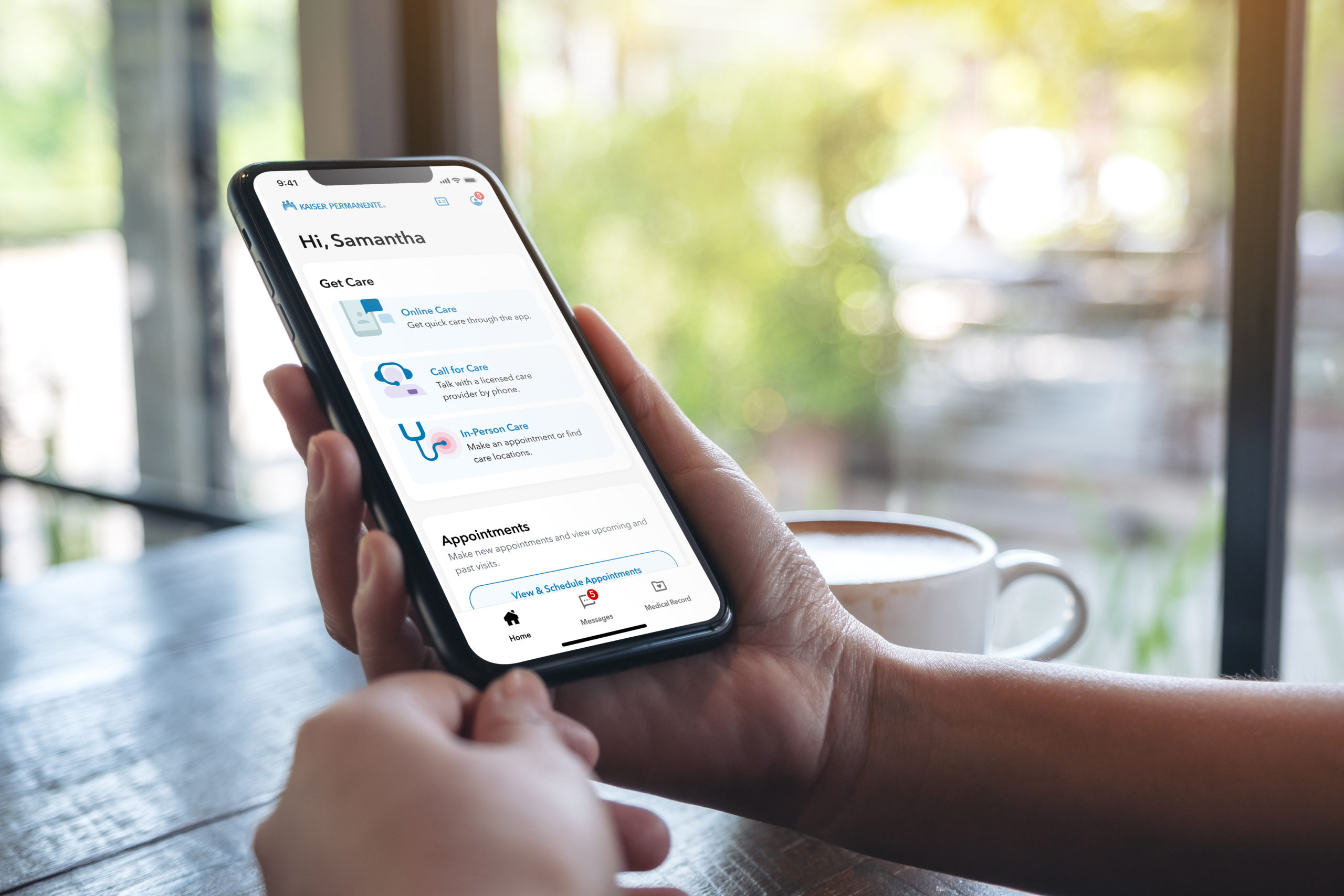As we recognize Genetic Counselor Awareness Day on November 4, it’s important to understand what genetic counselors do, and how they can help members and their families make informed decisions about various health matters.
What is a genetic counselor?
A genetic counselor is a certified medical professional who is trained in genetics and can advise patients regarding inherited diseases. They also provide guidance to patients about how inherited diseases or conditions may affect them and their families, determine what genetic testing may be needed based on personal or family history, and interpret genetic testing results.
Genetic counseling at Kaiser Permanente
Kaiser Permanente has offered genetic counseling services to members for more than 10 years. These services are provided at no additional cost to members enrolled in most Kaiser Permanente health care plans and is available throughout our service area. The number of specialties our genetic counselors support now includes:
- Prenatal/perinatology
- Oncology
- Cardiology
- Endocrinology
- Nephrology
- Ophthalmology
Tips for patients who are interested in genetic counseling:
- Talk to your family about their health history. Record the information and share with your relatives so that it is not lost over the years. Be sure to share this information with your doctors.
- When preparing to speak with a genetic counselor, try to gather any genetic testing records/reports you or a family member may have.
- Don’t be afraid to ask your genetic counselor questions.
Appointments are available by either telephone or video. If you would like to schedule an appointment with a genetic counselor, contact your doctor about placing a genetics referral.



